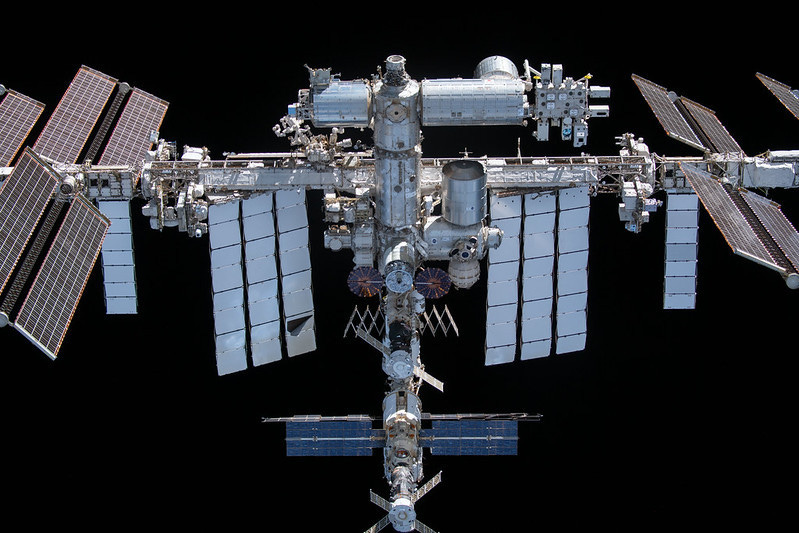Two Startups Selected to Leverage ISS National Lab
Cash Awards Provided by the MassChallenge Technology in Space Prize
Startups Symphony Bio and FluxWorks are the newest recipients of the Technology in Space Prize, funded by Boeing and the Center for the Advancement of Science in Space (CASIS), manager of the International Space Station (ISS) National Laboratory. Selected through the MassChallenge (Boston) startup accelerator program, these two companies will utilize th…




